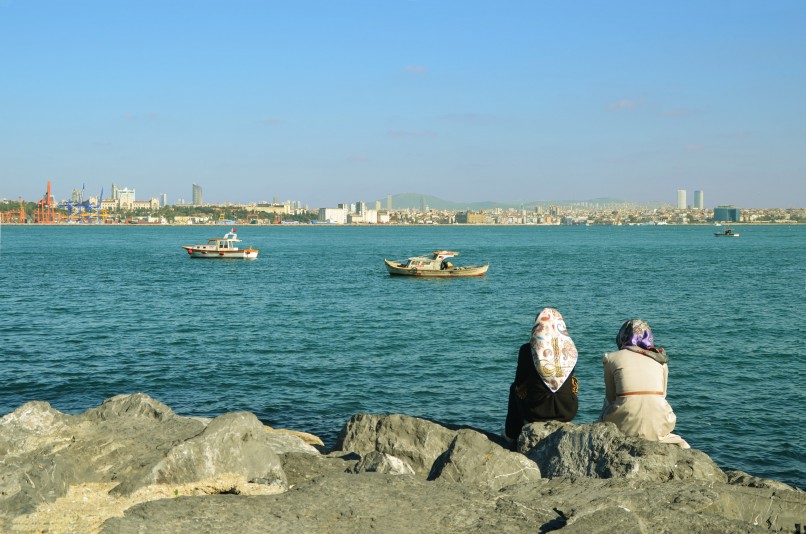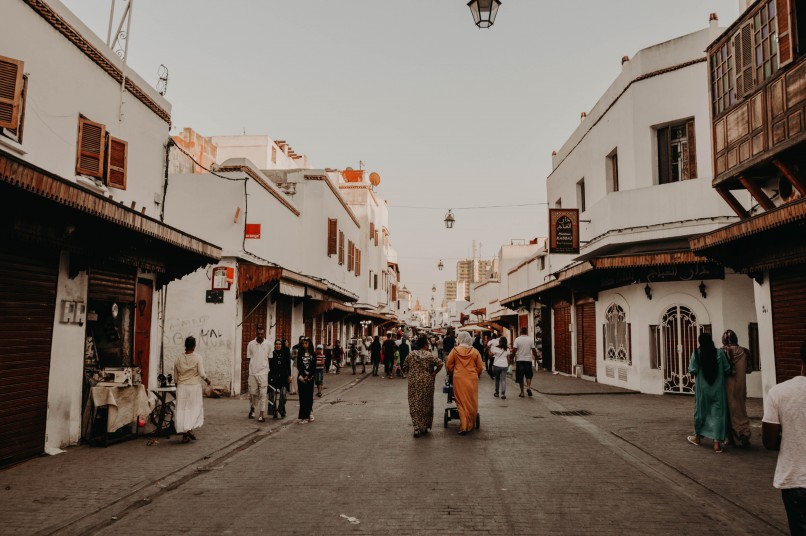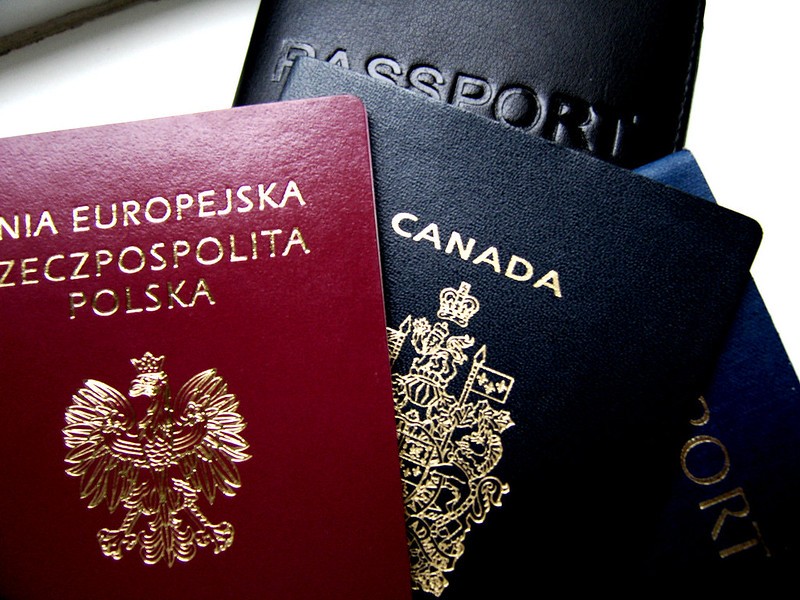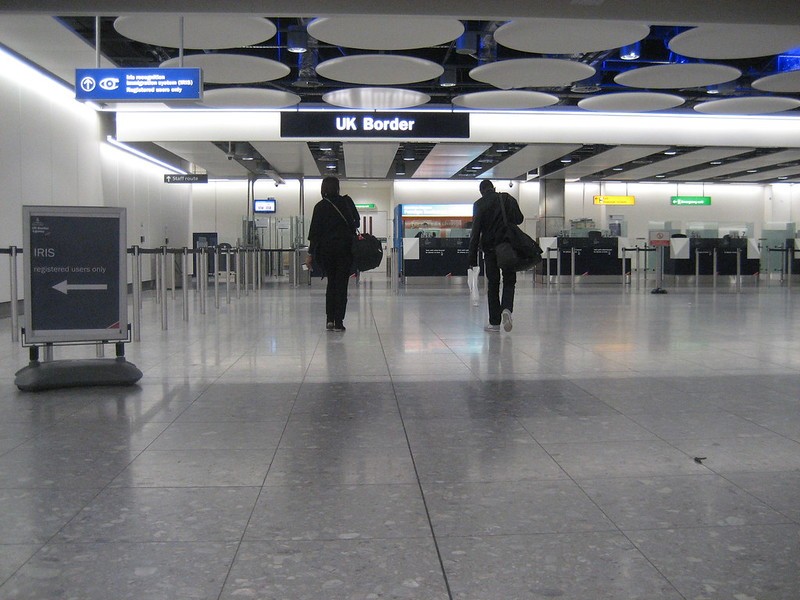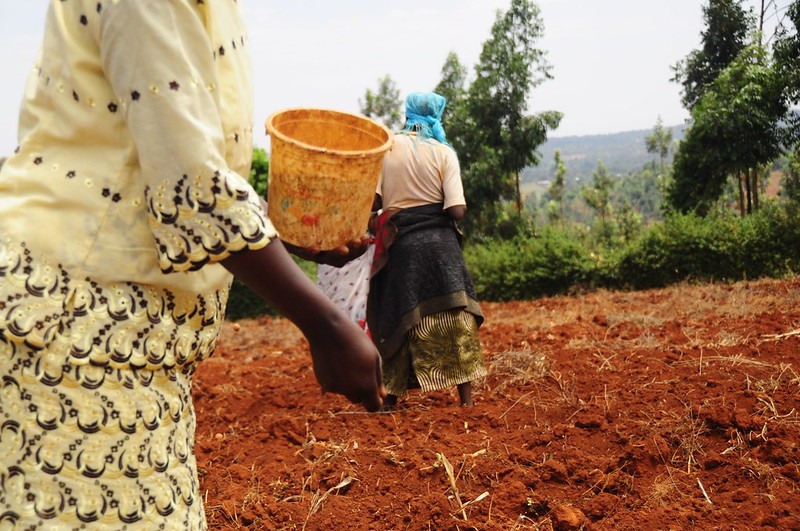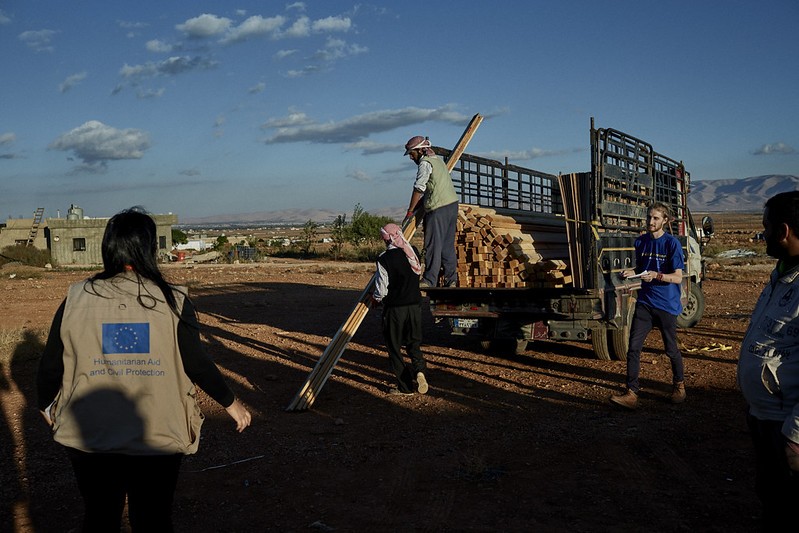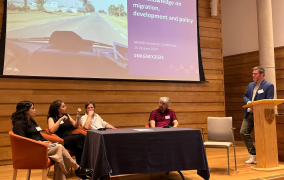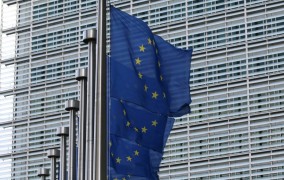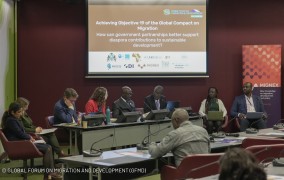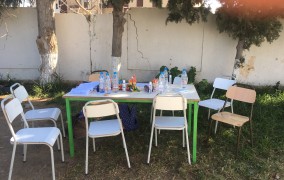News
What we're reading: 2019 roundup
With year coming to a close, we're sharing some of the interesting and thought-provoking pieces on migration and development that we've been reading.
Looking to do some end of year reading? Below are our picks for the most engaging and innovative pieces on migration research, policy and storytelling from around the web.
Suggested readings from 2019
Searching for a better life: Predicting international migration with online search keywords
by M. H. Böhme, A. Gröger, and T. Stöhr, Journal of Development Economics
An innovative way of overcoming migration data scarcity using search engine data for estimating migration intentions and predicting short-term migration flows - Mathias Czaika
To Stay or to Flee: A Syrian Mother’s Impossible Choice
by Alia Malek, The New York Times Magazine
A lively account on how refugees make decisions for a fresh start and navigate journeys as transnational households - Ayşen Üstübici
The refugee and the thief
by Peter Hessler, The New Yorker
A captivating account contrasting Peter Hessler’s own departure from Egypt - easy despite a last-minute theft – to the planning and struggles involved in the attempts of a gay Egyptian friend to leave - Jessica Hagen-Zanker
Competing Origin-country Perspectives on Emigrant Descendants: Moroccan Diaspora Institutions’ Policy Views and Practices Regarding the “Next Generation Abroad”
by Rilke Mahieu, International Migration Review
Timely attention to diaspora engagement policies beyond the migrant generation, demonstrating the plurality of rationalities underlying diaspora engagement policies and underscoring the pervasive roles of both origin state interests and diaspora interests - Marta Bivand Erdal
Immigration panic: how the west fell for manufactured rage
by Suketu Mehta, The Guardian
Sobering Guardian long read on the construction of fear and the politicisation of migration across the West – tracking the historical roots of immigration perception gaps and how politicians have manipulated these narratives across the globe - Amy Leach
“But you don’t look Turkish!”: The Changing Face of Turkish Immigration to Germany
by Gülay Türkmen, ResetDOC
A triggering insight on the changing profile of migration from Germany to Turkey and on how "highly-skilled", "middle class" new migrants re-draw cultural boundaries - Ayşen Üstübici
Strategy, identity or legitimacy? Analysing engagement with dual citizenship from the bottom-up
by Eleanor Knott, Journal of Ethnic and Migration Studies
Moving beyond the strawman binary of strategy vs. identity in explaining why people choose to hold dual citizenship, and convincingly showing the salience of legitimacy in the context of the acquisition of Romanian kin-state citizenship in Moldova- Marta Bivand Erdal
The biopolitics of the migration-development nexus: Governing migration in the UK
by Patrick Pinkerton, Politics
In this article, Pinkerton highlights how the biopolitics of the migration-development nexus underpinning UK policy shows contradictory pressures and creates tension between economic and social cohesion demands. Legal channels for generating and limiting migrant mobility are simultaneously restricting integration and permanent settlement, with consequences for social harmony. - Yunas Samad
Climate crisis could reverse progress in achieving gender equality
by Nitya Rao, The Conversation
The climate crisis is increasing environmental stress in vulnerable communities. As a result, men are often migrating to look for work elsewhere – leaving women to care for the family and community left behind. Based on new research led by the University of East Anglia, this timely read highlights the need to address the gendered dimensions of climate migration. - Nicole Johnson
Using EU AID to Address the Root Causes of Migration and Refugee Flows
by Heliodoro Temprano Arroyo, Migration Policy Centre
In light of the fact that more and more development aid money is being put toward migration issues and specifically to address the "root causes of migration", this book is an insightful tool the better understand the evidence around this topic and the position and actions of the EU in this regard. - Melissa Siegel


